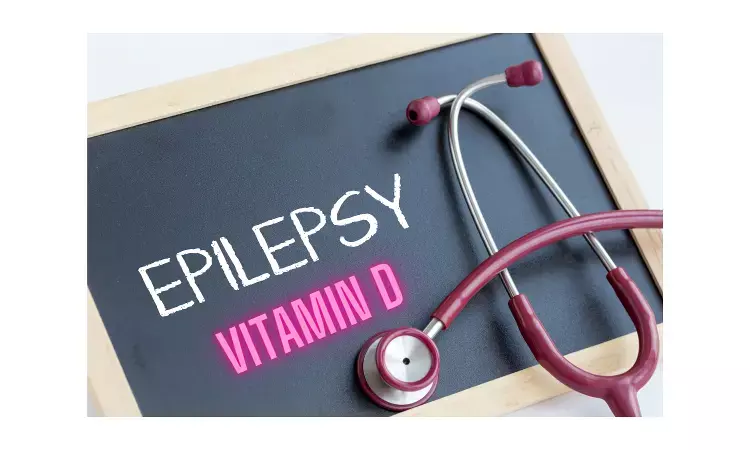- Home
- Medical news & Guidelines
- Anesthesiology
- Cardiology and CTVS
- Critical Care
- Dentistry
- Dermatology
- Diabetes and Endocrinology
- ENT
- Gastroenterology
- Medicine
- Nephrology
- Neurology
- Obstretics-Gynaecology
- Oncology
- Ophthalmology
- Orthopaedics
- Pediatrics-Neonatology
- Psychiatry
- Pulmonology
- Radiology
- Surgery
- Urology
- Laboratory Medicine
- Diet
- Nursing
- Paramedical
- Physiotherapy
- Health news
- Fact Check
- Bone Health Fact Check
- Brain Health Fact Check
- Cancer Related Fact Check
- Child Care Fact Check
- Dental and oral health fact check
- Diabetes and metabolic health fact check
- Diet and Nutrition Fact Check
- Eye and ENT Care Fact Check
- Fitness fact check
- Gut health fact check
- Heart health fact check
- Kidney health fact check
- Medical education fact check
- Men's health fact check
- Respiratory fact check
- Skin and hair care fact check
- Vaccine and Immunization fact check
- Women's health fact check
- AYUSH
- State News
- Andaman and Nicobar Islands
- Andhra Pradesh
- Arunachal Pradesh
- Assam
- Bihar
- Chandigarh
- Chattisgarh
- Dadra and Nagar Haveli
- Daman and Diu
- Delhi
- Goa
- Gujarat
- Haryana
- Himachal Pradesh
- Jammu & Kashmir
- Jharkhand
- Karnataka
- Kerala
- Ladakh
- Lakshadweep
- Madhya Pradesh
- Maharashtra
- Manipur
- Meghalaya
- Mizoram
- Nagaland
- Odisha
- Puducherry
- Punjab
- Rajasthan
- Sikkim
- Tamil Nadu
- Telangana
- Tripura
- Uttar Pradesh
- Uttrakhand
- West Bengal
- Medical Education
- Industry
Vitamin D deficiency associated with two third patients of paediatric epilepsy: Study

Vitamin D deficiency has been suggested to possibly contribute to conditions such as autoimmune disorders such as multiple sclerosis, rheumatoid arthritis and neurodegenerative disorders, and epilepsy.
A new study by Napakjira Likasitthananon and team has reported that approximately two-thirds of pediatric epilepsy patients had hypovitaminosis D. The study prompts clinicians to measure vitamin D status in pediatric epilepsy patients particularly.
This study is published in BMC Pediatrics.
The objective of the study was to identify risk factors related to hypovitaminosis D in pediatric epilepsy patients in Thailand.
The study was a cross-sectional retrospective cohort study conducted which included 138 pediatric epilepsy patients who received anticonvulsants from April 2018 to January 2019. Demographic data, seizure types, puberty status, physical activity, duration, and types of anti-seizure medications were analyzed. Patients with abnormal liver function, abnormal renal function, and who received vitamin D supplements or ketogenic diet containing vitamin D were excluded. Levels of serum vitamin D (25(OH)D) were measured.
The results of the study were found to be
• A total of 138 subjects were enrolled, the age ranged from 1.04 – 19.96 years; (mean = 9.65 ± 5.09), the mean serum 25(OH) D level was 26.56 ± 9.67 ng/ml.
• The prevalence of vitamin D deficiency was 23.2% and insufficiency was 47.8% respectively.
• Two risk factors—puberty status (OR 5.43, 95% CI 1.879-15.67) and non-enzyme-inhibiting ASMs therapy (OR 3.58, 95% CI 1.117-11.46) were significantly associated with hypovitaminosis D, as shown by multivariate analyses.
Likasitthananon and team concluded that "Our study reports the high prevalence of hypovitaminosis D in pediatric epilepsy patients in Thailand despite being located in the tropical zone. These findings can guide clinicians to measure vitamin D status in pediatric epilepsy patients particularly when they reach puberty and/or are using non-enzyme-inhibiting ASMs therapy. Early detection of vitamin D status and prompt vitamin D supplementation can prevent fractures and osteoporosis later in life."
For further information: https://doi.org/10.1186/s12887-021-02906-7
Medical Dialogues consists of a team of passionate medical/scientific writers, led by doctors and healthcare researchers. Our team efforts to bring you updated and timely news about the important happenings of the medical and healthcare sector. Our editorial team can be reached at editorial@medicaldialogues.in.
Dr Kamal Kant Kohli-MBBS, DTCD- a chest specialist with more than 30 years of practice and a flair for writing clinical articles, Dr Kamal Kant Kohli joined Medical Dialogues as a Chief Editor of Medical News. Besides writing articles, as an editor, he proofreads and verifies all the medical content published on Medical Dialogues including those coming from journals, studies,medical conferences,guidelines etc. Email: drkohli@medicaldialogues.in. Contact no. 011-43720751


